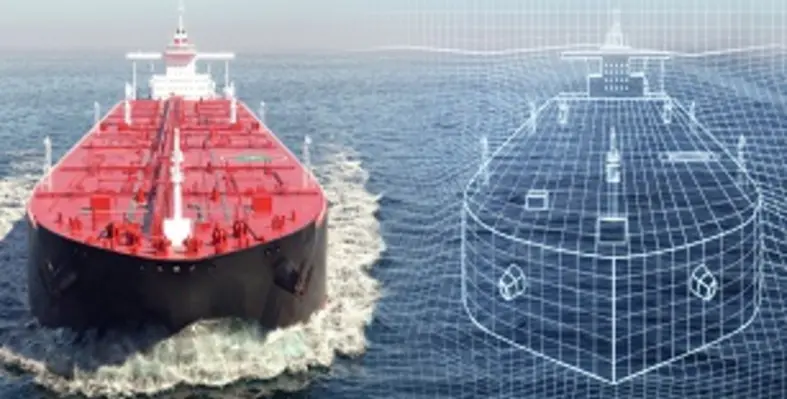Yara Marine Technologies, Molflow, and academics from Chalmers University of Technology, Halmstad University and Gothenburg University have concluded a project aimed at developing an AI-based semi-autonomous system to enable more energy efficient sea voyages
The Via Kaizen project explores how AI and machine learning can enable more energy-efficient voyage planning for ship operators. Funded by the Swedish Transport Administration Trafikverket, the project utilised pre-existing tools, to enable a higher degree of digitalisation and automation in vessel operations. These included Yara Marine’s propulsion optimisation system FuelOpt and performance management and vessel data reporting tool Fleet Analytics, as well as Molflow’s vessel modelling system Slipstream. Existing work practices onboard and user needs were analysed during the design process to ensure the technology facilitated processes and decisions with the greatest impact on energy efficiency.
The resulting system was trialled onboard two vessels and the wide-ranging results indicated successful energy efficiency optimisation based on estimated time of arrival, with one of the two trial vessels opting to continue using the system.
Mikael Laurin, head of vessel optimisation at Yara Marine Technologies, commented, “The Via Kaizen project speaks directly to where shipping is at the moment – where the intersections of digitalisation, decarbonisation and crewing determine our success in addressing climate change. The use of AI and machine learning to plan and predict energy-efficient voyages has significance for an industry looking to lower emissions while addressing rising fuel costs.
“Similarly, new technologies can streamline operations but require collaboration and buy-in from stakeholders across the board, necessitating crew familiarisation and training, proactive design, and new corporate strategies. As a result, the insights and information gained from the project carry broader significance for our industry’s future.”
In the trials, the crew played a key role in determining the success of energy efficient voyages which showed the necessity of giving ship crews and management every opportunity to engage with, understand and embrace the value of AI-powered ship operation support technology.
Following the conclusion of this project, additional funding has been secured from the Swedish innovation agency Vinnova to further explore a selection of its findings.












